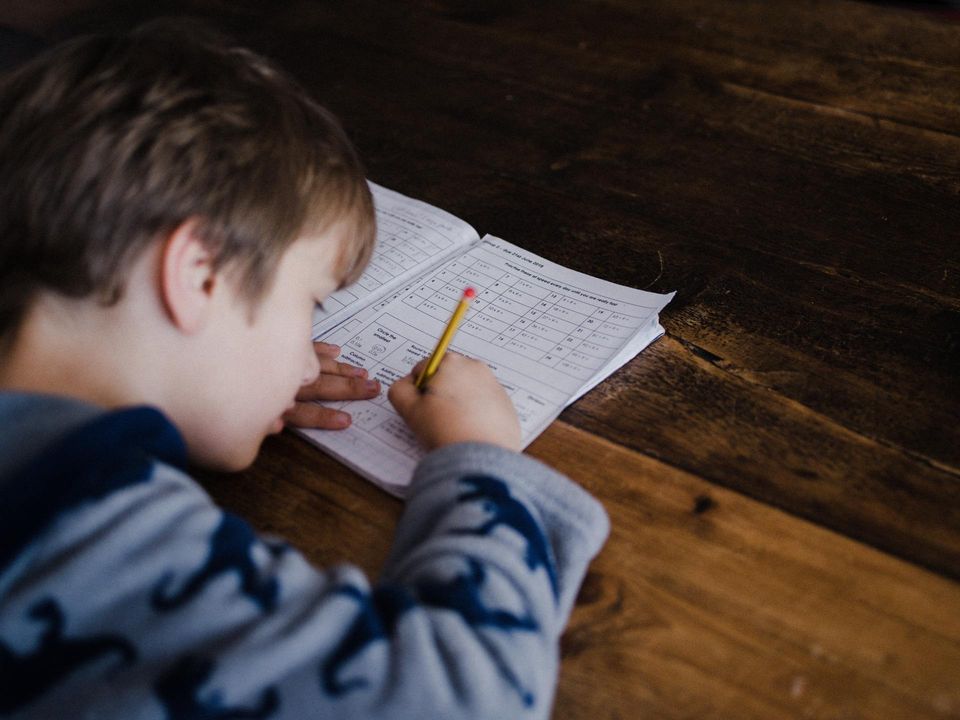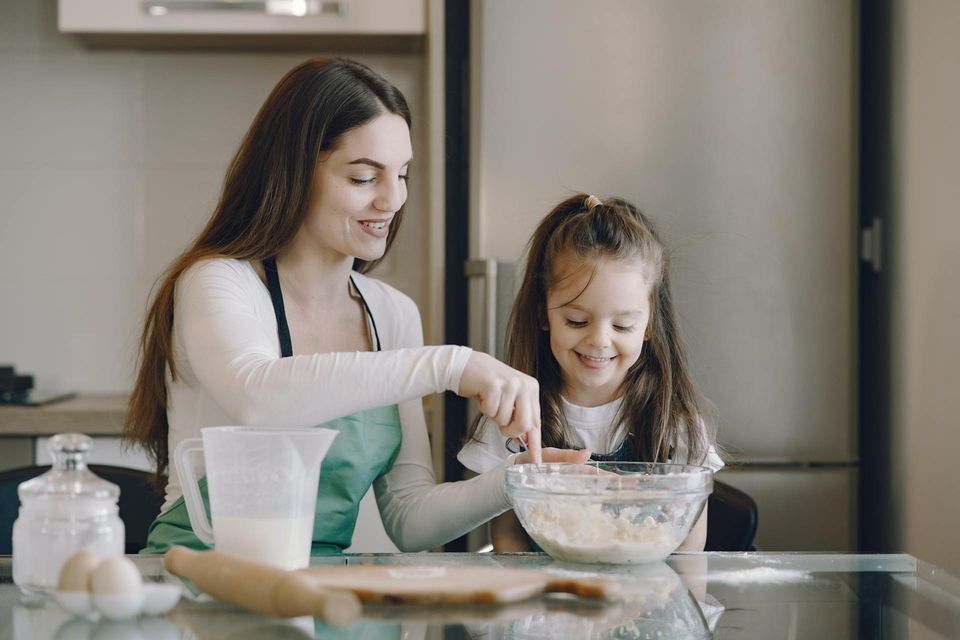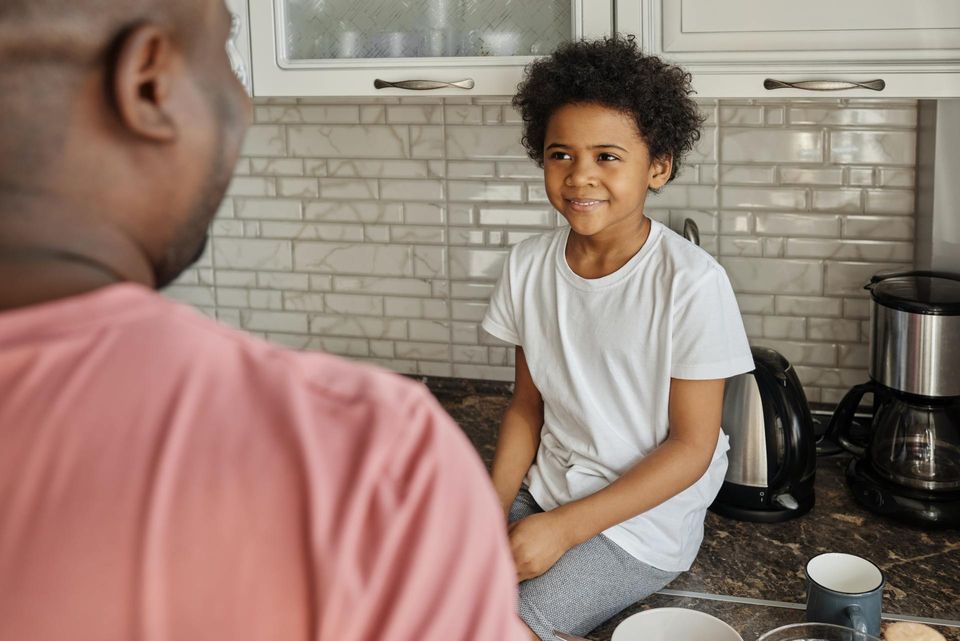All play and no school
June 23, 2020
Letting children play during lockdown will alleviate stress in both parents and children
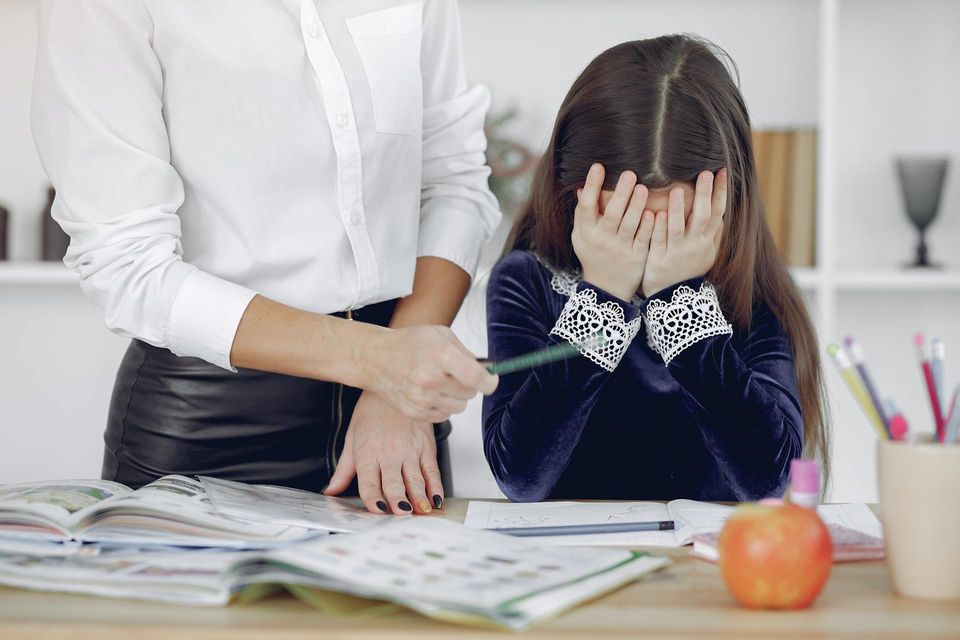
The United Nations has described the disruption to education caused by the pandemic as ‘unparalleled’. At the virus’ worldwide peak in April, it is estimated that over 90% of all enrolled learners, from kindergarten to bachelors and beyond, had their education affected by school closures and the pandemic (UNESCO).
For many university students and older children, they have had to adapt quickly to online learning. They can keep in touch with their peers and teachers online and continue their studies, albeit in a highly modified way. As challenging as this may be, this experience will help equip them for a future that is increasingly online.
For parents of younger children, they are assuming a new role: their child’s home school teacher. This is in addition to their usual childcare and household duties, their work responsibilities and often emotional and financial worries caused by the pandemic. Stressful? Yes. The good, and somewhat surprising, news? The experts advise that you don’t teach your children - at least not in the way you might expect.
Don’t Recreate the 6 hour Day
Routine is important for children so it is still advisable to abide by your family’s schedule but you don’t need to plan 6 hours of highly-structured lessons. For young children, expecting them to read, write and sit still for 6 hours is firstly, impossible and secondly, beyond their developmental stage. When children are at school, they are taught by experts! Teachers know how to balance time at the desk with play and opportunities for social and emotional learning, alongside literacy and numeracy! For both the parents and children, recreating the school day at home will add stress to an already difficult and turbulent time. Professor Helen Gillespie, professor of learning and teaching at UAE, suggests that children should dedicate 1-3 hours a day to school work but stresses the importance of quality time. One hour of quality practice that the child enjoys is far more beneficial than 3 hours of forced and stressful practice!
New Rules
These are unprecedented times and it is likely to have caused massive shifts in your family’s routine. Old household rules and routines have likely gone out of the window. But that’s okay! Lie-ins and extra screen time might have crept in but you and your family can create new rules that suit your current schedules.
The Importance of Play
The best advice for parents with children at home is just to let them play. Unstructured play allows children to explore the world on their own, learn how things work and, if there are other children at home, understand and build relationships. Parents can also facilitate simple structured activities that help develop your child’s creativity, such as baking, crafting and playing sports. These activities also help your child develop their hand-eye coordination and fine motor skills in engaging ways. They don’t have to be expensive or complicated to get your child active and engaged!
You can also turn to screens to help facilitate play. From educational videos and songs to video games, there are plenty of resources suitable for children available. The screen isn’t always the bad guy! Scriba and its range of complimentary apps
have been specially developed to provide stimulating and educational activities for young hands. Our app Scriba Snap improved key aspects of visual motor performance in children involved in our study in collaboration with Trinity College Dublin. Our other apps, such as A is for…, guide educational activities and provide an engaging, multisensory learning experience for kids! We explore screen time and children’s development further on our blog Not All Screens Are Developed Equal.
Time to Talk
For those of us lucky enough to be spending more time with our family and not working on the frontlines, we have an incredible opportunity to sit down and really talk with our children. Ask your child genuine questions and allow them to lead study and play. It may also be a great time to sit and discuss the pandemic, and other difficulties facing society today, in whatever way you choose. By genuinely conversing with your child, as opposed to adopting the speech style of a teacher, you develop their conversational skills, their socio-emotional skills and stimulate their thoughts.
In stressful situations, the best predictor of how a child will react is how their parents do - reducing pressures and relaxing rules will have benefits for your whole family. Remember that development and learning is not something that only happens in the traditional classroom! Reading, playing or even getting your child involved in daily chores will keep them developing during this time away from school. Use this time to help your child build positive study habits and an enjoyment of learning.
Articles
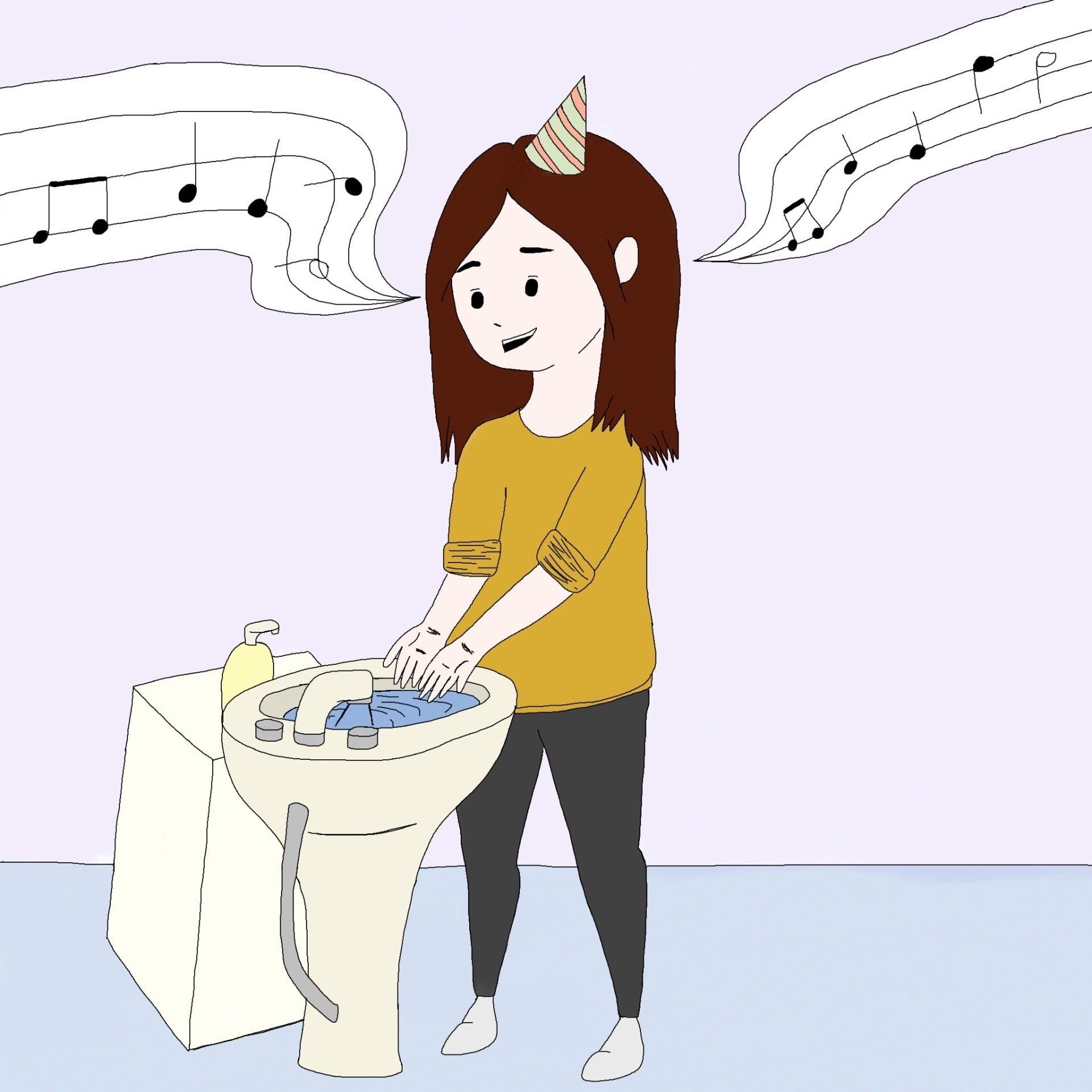
If the recent outbreak of Covid-19 has taught us anything, it's that many adults do not wash their hands effectively. It has never been more important that we support our children to develop good personal hygiene to keep themselves and our families safe. This seemingly easy task can be very difficult for children with fine motor skill difficulties. In this article, we explore some ideas to support your child with hand washing.
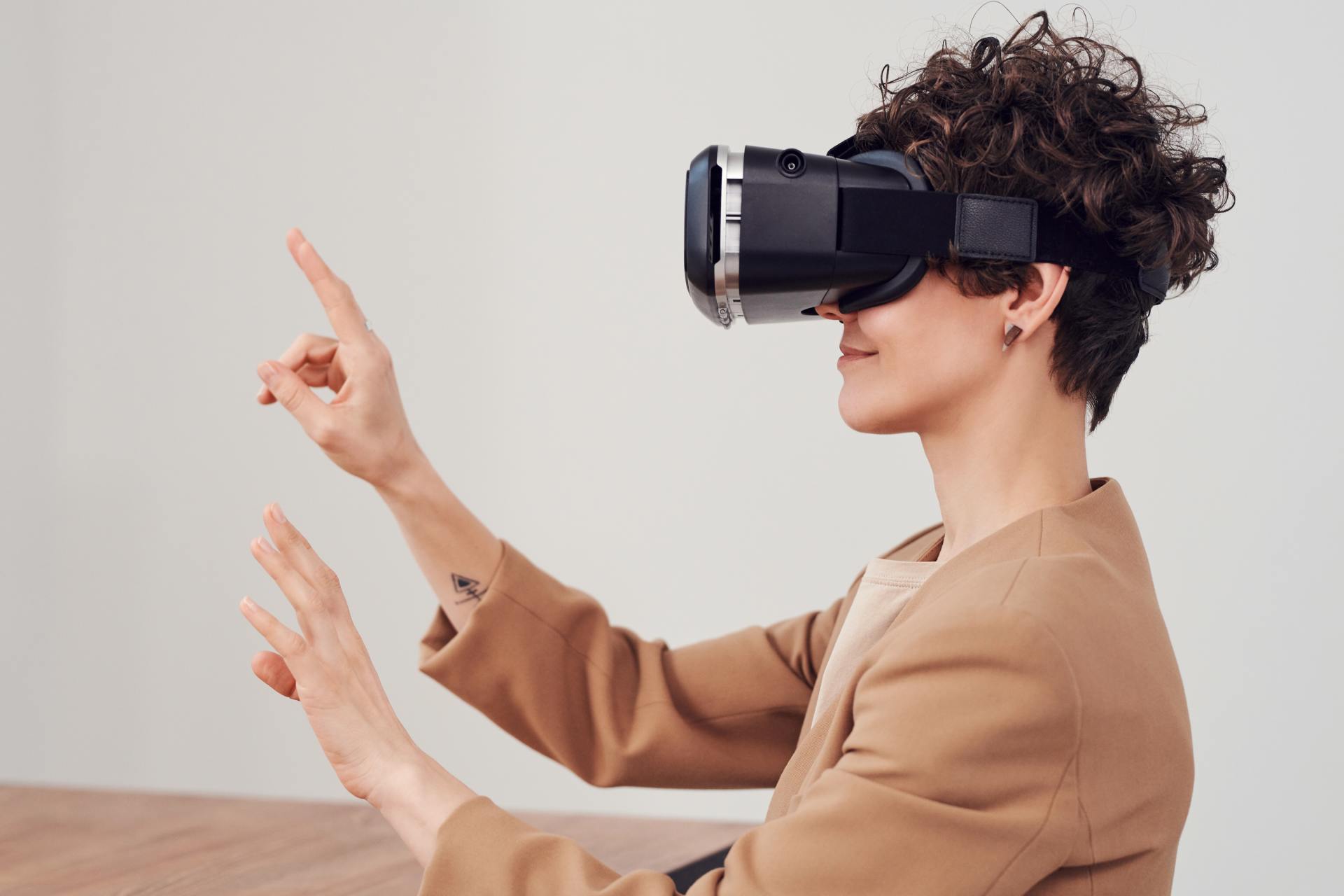
Lockdown has brought the digital future into the now. Online shopping, entertainment, education and more have moved from the periphery to the mainstream to, in many cases, the only option. With the necessity of social distancing looking to continue for many months, it appears that this rapid digital revolution is here to stay. This means that life as we know it, in most of its sectors, has changed forever. In order to survive, businesses are having to adapt rapidly, embrace technology and look to the future. Architecture is no exception. There has been a widespread adoption of technology and VR over the past few months in response to the lockdown across all of society. Elderly grandparents who were once resistant to adopt new technologies talk of “Zooming” and have started video chatting with their family members to combat loneliness. Art galleries that were once considered stuffy or pretentious are now pioneers in VR technology, with Google Art & Culture offering tours of London’s National Gallery or the Musee D’Orsay in Paris. These virtual tours deliver art in a dynamic new way that can be far more engaging than regular photos. Critics have applauded the panoramic and immersive views of gallery building and exhibitions which work well for rendering of 2 dimensional art, however impressions of sculpture is somewhat lacklustre. With VR technology, users can enjoy a truly immersive experience in the comforts, and safety, of their own home. The COVID-19 pandemic has served as an accelerant for the arts and entertainment industries to embrace VR.
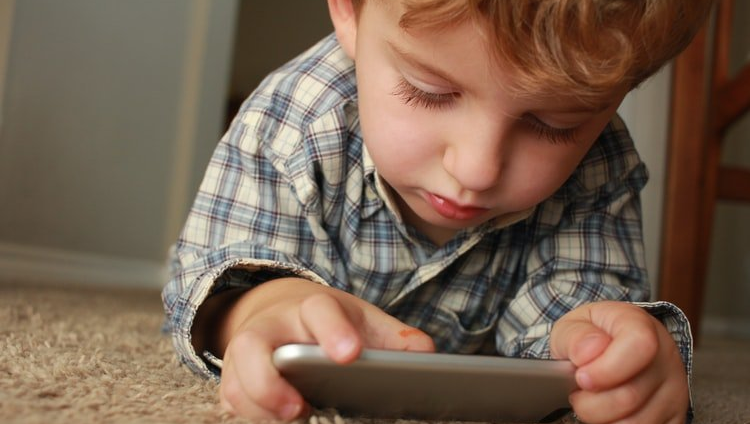
With schools in around 190 countries across the world closing in response to the COVID-19 pandemic, many parents are facing a formidable challenge: keeping their children occupied and developing at home. Overnight, students have had to adapt to new routines and parents have taken on new responsibilities as teacher and carer, often all while juggling their own work commitments or financial worries. Adults and children alike are turning to their screens for a sense of normality, a way to pass the time and to work and study. For parents, giving a child a screen is sure to keep them from bouncing off walls for at least a few hours, providing some much needed respite from 24/7 childcare duties. But many parents are feeling guilty and concerned about the amount of time their children are spending on devices. How much is too much? The WHO recommends that children under the age of 2 should have no passive screen time whatsoever as excessive use has been linked to language processing delays. Older children, around 2-5 years of age, should be limited to around 1 hour each day. There is no such guidance for older children but excessive screen time is often linked with poor quality of sleep, eye strain and inactivity and weight gain. While all of this is true, never during these studies did a global pandemic come into the equation.




